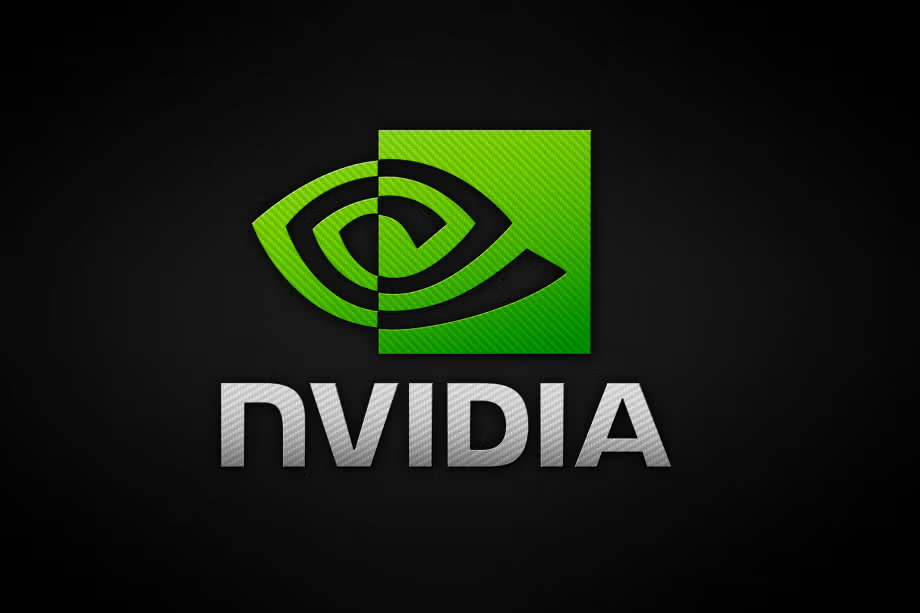Nvidia has demonstrated remarkable financial resilience, achieving record-breaking earnings even amidst significant headwinds from export limitations and evolving regulations. The company's Q1 fiscal year 2026 revenue reached $44.1 billion, surpassing analyst expectations. This represents a 69% year-over-year increase and a 12% quarter-over-quarter increase. This financial success is largely attributed to the surge in demand for AI infrastructure, which has fueled growth in Nvidia's data center business.
The data center segment has been a primary driver, reaching an all-time high of $39.1 billion in revenue, a 73% increase compared to the same quarter last year. Major cloud service providers like Amazon, Microsoft, Google, and Meta are among Nvidia's biggest customers, accounting for just under 50% of data center revenue. Nvidia holds a dominant market share of over 90% in data center GPUs. The company's gaming division also delivered strong performance, with record first-quarter revenue of $3.8 billion, up 48% from the previous quarter.
Despite these successes, Nvidia faces considerable challenges, particularly concerning export restrictions on advanced AI chips to China. New U.S. export restrictions, which took effect on April 9, 2025, require a license for Nvidia to export its H20 products to the Chinese market. These H20 chips were specifically designed for China under previous regulations. These restrictions had an immediate financial impact, leading Nvidia to take a $4.5 billion charge related to excess inventory and purchase obligations for these chips. Excluding this charge and related tax impacts, the non-GAAP EPS would have taken a $0.15 hit from this policy action. The company also reported that it would have achieved an additional $2.5 billion in sales if the chip had not faced restrictions.
Nvidia anticipates that these export constraints will continue to impact revenue, estimating an $8 billion loss in H20 revenue for the current quarter. CEO Jensen Huang stated that the $50 billion AI chip market in China is "effectively closed to U.S. industry," and the H20 export ban "ended our Hopper data center business in China". Despite these limitations, Nvidia is actively pursuing strategies to mitigate the impact, including expanding U.S. manufacturing and forming new deals in the Middle East.
The U.S. government's restrictions are motivated by concerns that Nvidia's chips could be used in supercomputers to enhance China's military capabilities. These restrictions have sent Nvidia's stock tumbling approximately 6% in after-hours trading, highlighting investor concerns about future growth prospects. Some analysts suggest that the company's strong market position in AI will help it adapt to regulatory pressures, although prolonged restrictions on Chinese exports could present longer-term growth headwinds.
Nvidia's success hinges on its ability to navigate complex regulatory landscapes while maintaining its competitive edge in the rapidly evolving AI market. The company is focused on developing more advanced chips not restricted by export controls and adapting to energy efficiency regulations in China. Nvidia's financial results and future performance will be closely scrutinized, with particular attention paid to guidance for future quarters and strategies for offsetting lost revenue from China.

















